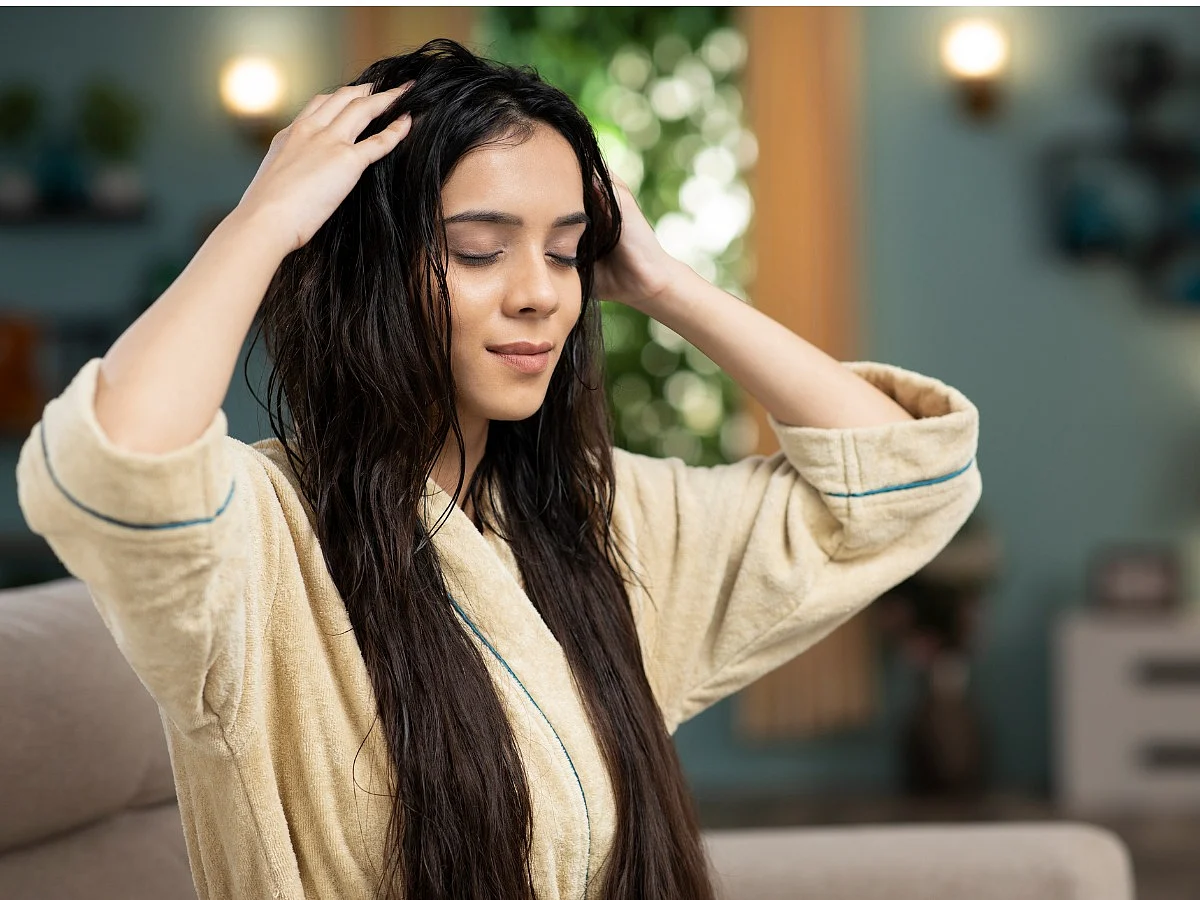5 Tips To Keep Your Hair Healthy Naturally
Check the tips and tricks to keep hair healthy, shiny, and thick naturally

advertisement
Healthy hair is a fundamental part of our well-being. It can help you feel confident, healthy, and attractive. In this article, we will discuss how to maintain healthy hair and prevent hair loss.
Hair is made up of a protein called keratin, which is found in the outer layer of the skin. It is responsible for protecting the skin from sun and water, and it also helps regulate the body's temperature.
If you neglect your hair, you may start to experience hair loss, brittleness, and dullness. This can severely affect your confidence and well-being.
Proper hair care is essential for maintaining healthy and vibrant hair. Let's have a look at the tips and tricks to maintain healthy hair.
Washing your hair regularly is one of the most important steps you can take to maintain healthy hair. However, it's important to wash your hair in the right way to avoid overdosing and damaging your scalp. Some of the most important steps to follow are to use a mild, sulfate-free shampoo, choose lukewarm or cool water, and condition your hair. You should also focus on the ends of your hair, which are the most delicate and prone to breakage.
When using hot styling tools, it's important to apply heat protectant products to minimize the risk of heat damage. You can also consider wearing a swim cap when swimming in pools with chlorine to protect your hair from the harsh chemicals.
An important step in maintaining healthy hair is to also take care of your scalp. This includes keeping it clean, avoiding overly vigorous scrubbing, and massaging your scalp regularly with coconut oil to boost blood circulation and promote hair growth.
Eating a balanced diet rich in essential nutrients is also important for hair health. This includes lean meats, fish, eggs, and plant-based sources such as legumes and nuts. Protein plays a crucial role in hair growth, so it's important to make sure your diet includes plenty of protein.
Some supplements can also help bridge the gap if your diet does not include enough protein. For example, biotin, vitamins, and minerals are all important nutrients for hair health, but it's not always enough to get them in your diet. Supplements can help make up for the deficiencies in your diet and help you have healthier hair.
(Disclaimer: Parts of this article were generated by AI and published after the content was editorially modified and verified by a human based on their own judgement and expertise. The Quint does not publish AI-generated content without direct human involvement and oversight)
(At The Quint, we question everything. Play an active role in shaping our journalism by becoming a member today.)